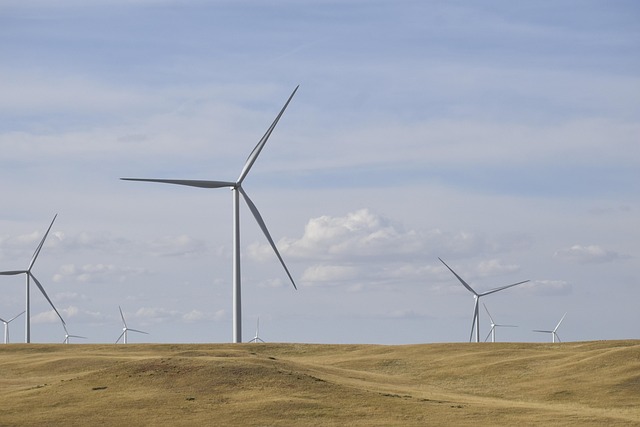Every day, as we flip the switch to illuminate our homes, we unknowingly contribute to a growing crisis that intertwines energy production with one of Earth’s most vital resources: forests. Deforestation, often driven by the pursuit of cheap energy and rapid industrialization, has far-reaching implications not just for our environment but also for our climate and, ultimately, our survival.
The link between deforestation and energy production is alarmingly direct. When forests are cleared, the trees that once captured carbon dioxide—the greenhouse gas primarily responsible for climate change—are removed, releasing stored carbon back into the atmosphere. This exacerbates the very problem that renewable energy sources aspire to mitigate. While the world is making strides to shift to cleaner forms of energy, the reality of deforestation means that the paths we forge in energy production sometimes come at a much higher cost than we realize.
Moreover, the destruction of forests disrupts ecosystems, leading to a loss of biodiversity critical for maintaining natural processes that support life. Healthy forests act as natural filters, purifying the air we breathe and providing habitats for countless species. As they disappear, we lose those intrinsic benefits, forcing us to seek alternative, often more expensive solutions to counterbalance the environmental toll.
In addition to biodiversity loss, deforestation’s impact on local climates can be devastating. Without trees to regulate temperature and moisture levels, regions experience more extreme weather patterns, aggravating the very climate change that high carbon emissions from energy production contribute to. This creates a vicious cycle, where energy demands drive deforestation, and environmental degradation breeds further climatic instability.
As advocates for sustainable practices increasingly highlight the importance of renewable energy, it’s crucial to consider how we balance this with forest preservation. Are we prioritizing clean energy sources that do not come at the expense of our forests? Initiatives like reforestation and afforestation can play a pivotal role in offsetting emissions from energy production, creating a healthier planet for future generations. By including forest conservation in our broader climate policies, we can bring hope and healing to ecosystems critical to our survival.
Furthermore, consumers hold power in this equation. By choosing energy providers that prioritize sustainability, supporting renewable energy projects, and advocating for policies that protect our forests, we can make a meaningful impact. Each time we opt for energy solutions that consider environmental integrity, we contribute toward a future where energy production complements rather than compromises our planet.
Deforestation and its ramifications continue to pose significant challenges as we navigate our energy needs and environmental responsibilities. It’s imperative to look beyond immediate convenience and examine the interconnectedness of our choices, energy production methods, and their impact on the environment and climate. Only through conscious efforts can we hope to stabilize our planet and enhance conditions for all living beings, embracing a harmonious relationship with the natural world that sustains us.




